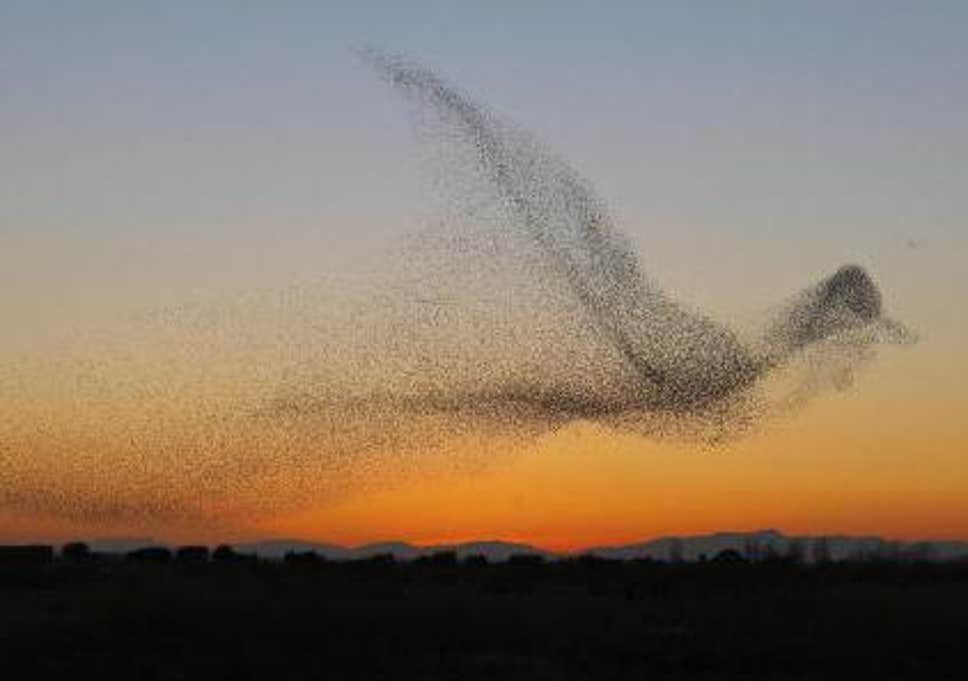These past few weeks have been full of challenges, but also growth has emerged. Growth in knowledge and awareness. This quarter has flown by but this journey we collectively experienced is something that will live on. My group’s action project surrounding Terror Management was an enlightening experience. Being able to conduct a similar study of what the authors in The Worm at the Core but making it our own by using our own community and tying our own mortality to death in the Anthropocene was a great first-hand experience.
Our action project was the highlight of the quarter. It presented many challenges, but at the end of the day presented a piece of work that I believe was engaging and beneficial to the UW community. Even though I and my group were the ones that came up with the questions that were asked I found myself noticing, a different emotional response once hearing everyone’s answers. This video interview not only opened people’s awareness of their mortality intertwined with climate change but also mine in a deeper sense. It was exciting to hear everyone’s responses even on such a heavy topic as death. There were a lot of inspirational statements made that gave me a sense of hope. Hearing from people in my community about some of their actions in terms of achieving sustainability within their own lives was also intriguing. It reinforced my active hope and belief that everyone has their own way of being sustainably, but collectively we can make changes in collectively achieving sustainability on higher levels.
Overall, this class wasn’t as disheartening, or dreary as expected. I see myself consciously thinking in new ways about my mortality and death in the Anthropocene, that I wouldn’t have foreseen. Personal decisions such as, if I want to bare children or be turned into the soil instead of being put in a casket are all thoughts that have emerged from the material in this course. The fear of death is less prevalent as I continue to learn to connect myself, to the universe in a way that gives hope to future generations and our planet.

Terror Management Theory and the Afterlife – BahaiTeachings.org







